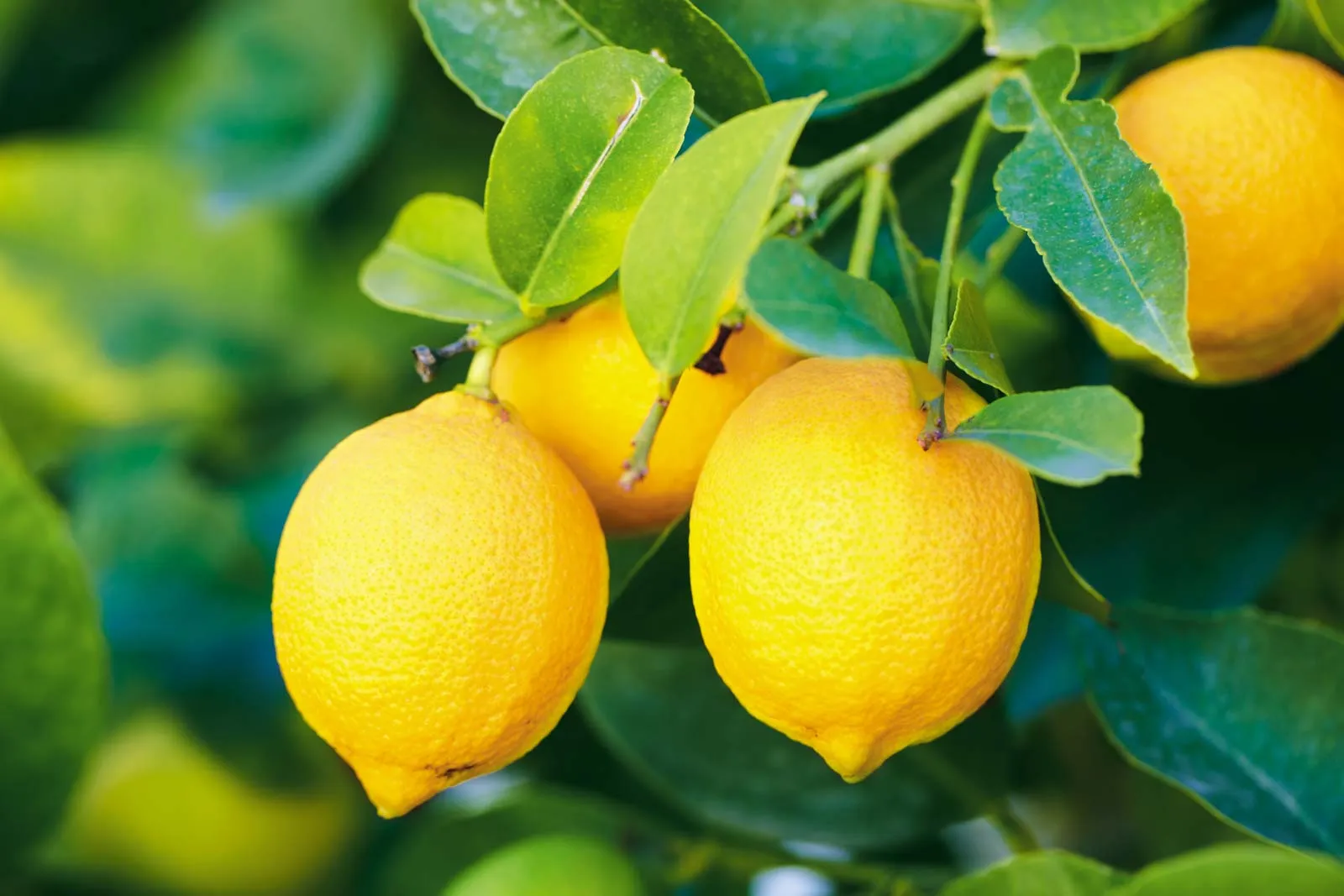Bees for Development Ghana (BfDG) has introduced a new project to address gender disparity in relation to beekeeping development (and training).
Research findings point to the fact that only about 13% of Agricultural Extension Agents are women. This is most likely to affect extension delivery to women as this is mostly done by men.
Similarly, the beekeeping sector is highly skewed against women’s participation and benefit, with less than 1% of beekeeper trainers being women. The Apiculture Development Coordinator of BfDG, Isaac Mbroh, put it, “I am yet to see a woman beekeeping trainer in Ghana. They are very rare.”
We learned from our previous work that in proportion to baseline income women benefitted more than men but only 32% of the farmers we reached were women and in gross terms, they earned less.
Beekeeping has outstanding features which make it a powerful intervention for vulnerable women.
- Bees and bee forage (pollen and nectar) are free
- Beekeeping does not require daily attention, so does not add to women’s burden of responsibilities
- Vulnerable women have less land than men, yet beekeeping needs very little land – just space for hives, whilst bees forage on others’ land.
Furthermore, as bees forage, they pollinate fruit crops such as cashew –an important cash crop in Ghana– increasing yields. Beekeeping meets the need of poor rural women.
To address this huge gap in the beekeeping sector, BfDG has rolled out a new project starting February 2023. This project is about building long-term capacity and setting the foundation for transformational change across the sector – now and into the future.
The project takes an innovative approach to addressing gender disparity by providing intense investment in three young ladies (called Professional Women Beekeeping Trainers), enabling them to become professional beekeepers and change agents. They will become women entrepreneurs, advocates and trainers serving the wider apiculture sector in Ghana and beyond.
We hope to train this cohort of very talented and ambitious ladies who have graduated from universities in Ghana in beekeeping and in gender-responsive approaches to development – through an intensive five (5) module training programme.
Most attempts to bring the benefits of beekeeping to vulnerable women deploy male beekeeper trainers and include some women beneficiaries in a standard male-oriented beekeeping project. This does not bring structural transformation to the sector which is what is needed. Our approach elevates women as change agents in the sector.
An eighteen-month programme has been designed to prepare these young ladies for the beekeeping world that awaits them. The three were selected from over 100 applicants who applied to be part of the project.
The training programme started at the Saltpond Honey Centre with a one-month orientation and background sessions in nature-based sustainable beekeeping. The Director of BfDG, Dr Kwame Aidoo took the ladies through several classroom and field practical sessions.



Trainees are expected to spend 14 months at Bees for Development Ghana’s project locations to work and understudy practising beekeepers and 4 months at their home locations to carry out assignments in project development.
Beginning from March to July 2023, trainees will understudy beekeeping and honey and beeswax trade for rural development and women’s economic empowerment in Afram Plains. At the next stage of the project, trainees will spend another three months understudying beekeeping integrated with cashew farming and Buzz Clubs in the Bono and Bono East regions.
Later in 2023, trainees will spend a month with Tuna Women Beekeeping Association in Northern Ghana. They will then have a break in December and return to the field in January to begin their six months of project work; spending three months in Donkorkrom and another three months at their homes to complete the programme.
While trainees go through the programme, they receive a monthly stipend to cover living, accommodation, and transport costs. Trainees will also receive a basic bee kit comprising of full personal protective equipment, a smoker, a machete, and an electric torch. Trainees further receive learning resources and are helped to access online training, the Bees for Development Resource Centre and other learning platforms to improve their knowledge.








The ladies have been interacting with our Apiculture Development Coordinator and here is what they have been saying.
“We are very fortunate and privileged to have been selected among 120 applicants. It’s an opportunity to network with people all over the country and meet different people across the globe to learn and build our capacity,” said Florence Sefakor.
Rejoice Azameti added, “I think, it’s a privilege and I also see that [project] as a form of scholarship because we are being sponsored to learn and all the resources and the materials that we need for the training have been given to us free of charge. So, I see it as a scholarship that Bees for Development Ghana has given us to study, go out and impact the rural people.”



On meeting their expectation with respect to their enrolment in the programme, all three ladies indicated that they have exceeded what they were expecting to gain from the project. They also indicated that they believe they will be able to impact rural women and girls positively.
Read also: My interest is deeply rooted in beekeeping, nobody can stop me – Teenage beekeeper share experience
On what they are most excited about, Clara Mensah, another trainee, said “I’m looking forward to seeing how honey extraction [processing] is done. Also, how propolis is harvested, processed, and packaged.”
“What I am most excited about is the impact we can make at the end of the programme. I believe that at the end of the programme, we will be able to help the many deprived and poor women and families out there to gain income, feed their families and also be able to send their children to school,” stated Rejoice Azameti.
Florence added “For me, it’s about networking. Once you have the globe in your palm you can regulate and go wherever you want with this organisation [Bees for Development Ghana] and so, your impact is far-reaching. We have so much to do to promote the objectives of this organisation.”






Once trained, BfDG will engage the newly professional beekeepers in building long-term capacity with all to transform the sector in Ghana and beyond. We believe there is still a lot to be done as far as gender and social inclusion mainstreaming is concerned in development projects.
Read also: Honey bees: How to repel 7 ruthless pests that eat them
BfDG is poised to continue looking for partners and funding agencies to be able to reach out to more disadvantaged rural communities. BfdG has demonstrated over the years that mainstreaming women in the development project of any form is possible and achievable. BfDG continues to strive to increase the percentage of women who benefit directly from bees in the coming years.













